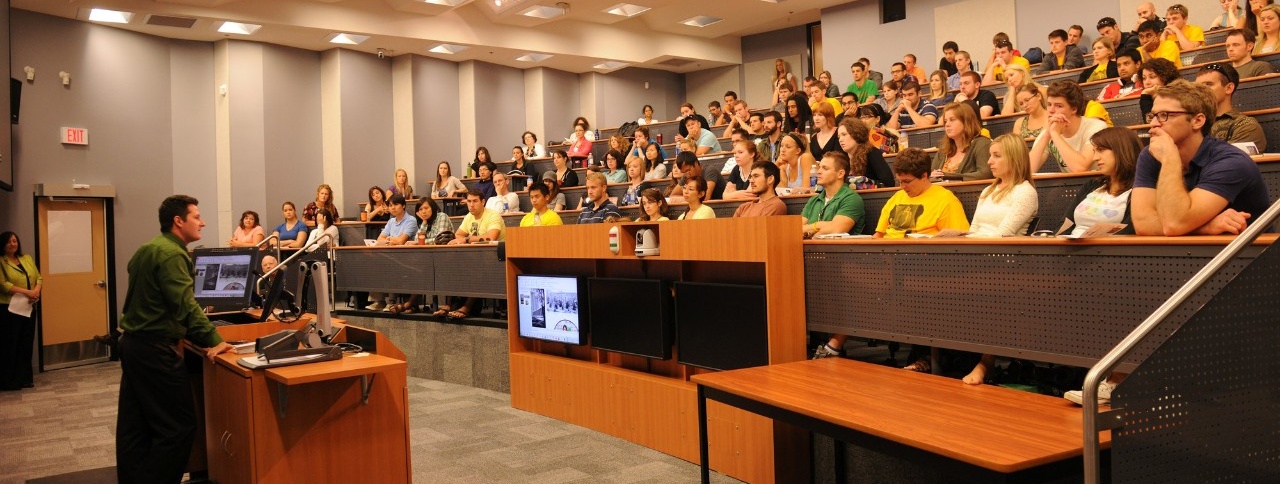By applying to and being admitted under the Indigenous Admissions Pathway, applicants agree to meet with the Program Manager of Keknu’tmasiek Ta'n Tel Welo’ltimk on at least two occasions per academic year. The purpose of these meetings will be to understand the strengths and needs of each student. Keknu’tmasiek Ta'n Tel Welo’ltimk staff will work to provide individualized support and guidance to all Indigenous students throughout their medical training. Students who fail to meet this requirement may be referred to the Progress Committee for review under Faculty of Medicine Promotion, Assessment, and Appeal Regulations.
Applicants who are considered under the Indigenous Admissions Pathway must complete and submit each requirement that is listed here
General
Applicants must demonstrate an ability to meet the academic rigor of medical school, but there is no minimum score required for any component of an application under the Indigenous Admissions Pathway. Applicants will be provided with the opportunity to explain any areas of weakness or concern throughout the application process. This information will be considered on a case-by-case basis.
Complete applications will undergo a holistic review by the Indigenous Admissions Subcommittee, where no single component of an application will be considered grounds for disqualification.
Incomplete or late applications will be considered ineligible for admission.
Degree Requirements
All applicants are required to complete a 90-120 credit hour baccalaureate degree granted by an accredited institution. This degree must be completed prior to the start of the undergraduate medical education program.
Successful applicants who are enrolled in an undergraduate program at the time of application and, who have submitted this degree for eligibility and GPA calculation, will receive an admission offer which is conditional upon the successful completion of their undergraduate program by July 31st of the year of entry into the medical program. Successful applicants who are enrolled in a graduate studies program at the time of application will receive an admission offer which is conditional upon the successful completion of their graduate program by July 31st of the year of entry into the medical program. This includes coursework, clinical practicum, thesis defence, and final thesis submission to your faculty of graduate studies. It is expected that such students will apply during their last year of study since deferrals are rarely granted.
Grade Point Average (GPA)
There is no minimum grade point average (GPA) required under the Indigenous Admissions Pathway, but the Indigenous Admissions Subcommittee may use general GPA requirements as a point of reference during the holistic review process. GPA is calculated using:
- the 60 most recent credit hours of graded (alpha/numerical) courses from a completed or in-progress 90-120 credit baccalaureate degree, or;
- up to 15 credit hours of graded (alpha/numerical) courses from a completed or in-progress graduate degree (masters or doctoral) PLUS the 45 most recent credit hours of graded (alpha/numerical) courses from a completed 90-120 credit baccalaureate degree to total 60 graded credit hours.
Medical College Admissions Test (MCAT)
The Indigenous Admissions Subcommittee requires sufficient academic data to determine applicant suitability for the study of medicine, but Dalhousie Medical School recognizes that the Medical College Admissions Test (MCAT) poses a significant barrier for many Indigenous applicants. As such, it is considered an optional requirement under the Indigenous Admissions Pathway.
Applicants who do not submit an MCAT score are required to complete prerequisite courses as follows:
- Those who have a major in science are required to have completed at least two full-course equivalents (12 credit hours) in arts, social sciences, and/or humanities within their degree program.
- Those who have a major in arts, social sciences, and/or humanities are required to complete at least two full course equivalents (12 credit hours) in science within their degree program.
Any applicant may choose to provide an MCAT score to strengthen their academic profile. While there is no minimum score required, the Indigenous Admissions Subcommittee may use general MCAT requirements as a point of reference during the holistic review process.
Applicants are encouraged to connect with the Program Manager of Keknu’tmasiek Ta’n Tel Welo’ltimk to make an informed decision on writing the MCAT. Financial resources may be available for those who choose to write this exam.
Computer-Based Assessment for Sampling Personal Characteristics (CASPer)
All applicants are required to complete a 90-minute Computer-based Assessment for Sampling Personal Characteristics (CASPer). There is no minimum CASPer score required under the Indigenous Admissions Pathway. Financial resources may be available for those who write the CASPer.
Multiple Mini Interview (MMI)
The Indigenous Admissions Subcommittee will review all applications, and eligible applicants will be invited for interview as capacity and university policy allows. Where interview capacity is limited, Mi’kmaw, Wolastoqey, and Peskotomuhkati applicants will be prioritized.
Short Answer Questions and Supplemental Information (Section 2)
To be considered under the Indigenous Admissions Pathway, all applicants must complete short answer questions and provide supplemental information as described here. No minimum score is required for this component of the application.
Complete applications will undergo a holistic review by the Indigenous Admissions Subcommittee, where no single component of an application will be considered grounds for disqualification. Incomplete or late applications will be considered ineligible for admission.
